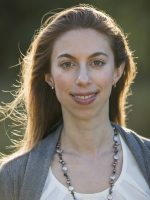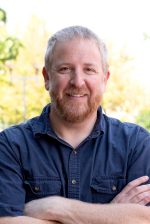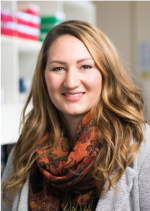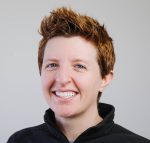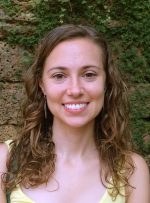People
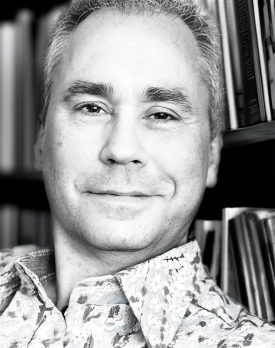
Mark Shriver
Michelle Conrad
Email – amc9478@psu.edu
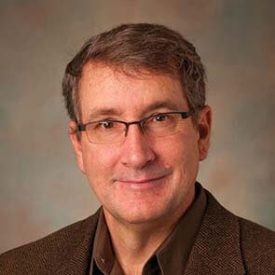
David Almeida
Email – dalmeida@psu.edu
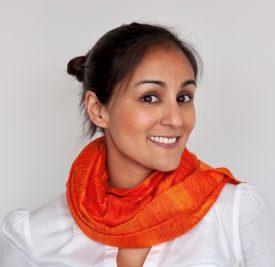
Nita Bharti
The Bharti lab works on the links between human behavior and human health with a focus on movement, access to health care, and the transmission and prevention of infectious diseases. Understanding the interactions that lead to disease emergence, transmission, and persistence allows us to develop interventions that directly target important underlying mechanistic processes. We explore the emergence of novel diseases as well as the determinants and consequences of long-standing health inequities. We work across biology, ecology, anthropology, and geography because disease management requires an understanding of the social, biological, and environmental determinants of pathogen emergence, transmission, and persistence.
Email – nita@psu.edu

Doug Bird
I am Professor of Anthropology at Penn State. I specialize in ecological anthropology and ethnoarchaeology, with a particular focus on Indigenous subsistence practices and the role they play in arid lands ecosystems. Most of my research is based in a long-term collaboration with Martu Aboriginal communities in Australia’s Western Desert.
Email – dwb5537@psu.edu

Seth Bordenstein
As a recognized thought leader and scientist who studies the centrality of microorganisms to the biosphere and human health, Dr. Bordenstein has peered into the world of microorganisms that dwell inside animals for the past 25 years. His philosophy to science is research the important keystones that we should already know about in textbooks or apply in the clinic, and his research specialties span the extraordinary utility of microbes to control mosquito-borne diseases, the secrets of microbiome diversity across the diversity of humans, and the major trends of host-associated microbiomes across the animal kingdom. These interests align with the distinguished and internationally-awarded One Health Microbiome Center (microbiome.psu.edu) that Dr. Bordenstein directs at The Pennsylvania State University. As one of the largest and most venerable organizations in the field, the Center is composed of over 550 members who develop and execute complex and often transformative projects related to the microbiome sciences across agricultural, environmental, and human health. Dr. Bordenstein is a Professor in the Departments of Biology and Entomology as well and the former and founding Director of the worldwide HHMI-initiated science education program Discover the Microbes Within! The Wolbachia Project that brings biodiversity, biotechnology, and bioinformatics directly into the classroom. He is the recipient of the 2014 Jeffrey Nordhaus Award for Excellence in Undergraduate Teaching, 2014 Chancellor’s Award for Research, 2018 Chancellor Faculty Fellow Award from Vanderbilt University, 2020 Genetics Society of America Award for Excellence in Education, 2020 Centennial Endowed Professorship, 2022 Dorothy Foehr Huck and J. Lloyd Huck Endowed Chair in Microbiome Sciences, and a Clarivate Highly Cited Researcher since 2023.
Email – srb6251@psu.edu

José M. Capriles
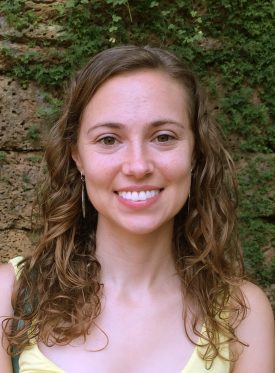
Emily Davenport
The Davenport lab seeks to understand the complex relationship humans have with our microbiomes. What determines gut microbiome composition? Does the microbiome affect our health? What’s the evolutionary relationship humans have with our microbiomes? We answer these questions using a genomic perspective, with high-throughput microbiome and metagenomic sequencing technologies and novel computational and statistical techniques.
Email – emily.davenport@psu.edu

Kirk French

Peter Hatemi
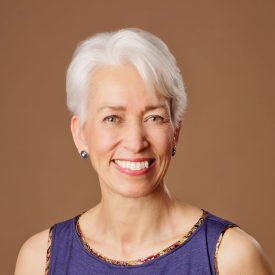
Nina Jablonski
A biological anthropologist and paleobiologist, she studies the evolution of adaptations to the environment in Old World primates including humans.
Her research program is focused in two major areas. Her paleoanthropological research concerns the evolutionary history of Old World monkeys, and currently includes an active field project in China. Her research on the evolution of human adaptations to the environment centers on the evolution of human skin and skin pigmentation, and includes an active field project examining the relationship between skin pigmentation and vitamin D production.
Email – ngj2@psu.edu
STIAS (Stellenbosch Institute for Advanced Study) Effects of Race Project
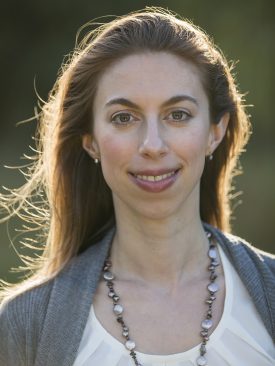
Elizabeth Losin
Elizabeth Losin, Ph.D. is the Bennet Pierce Associate Professor in Caring and Compassion in Adulthood and Aging and Director of the Social and Cultural Neuroscience Lab at the Pennsylvania State University. She received her Ph.D. in Neuroscience from UCLA in 2012 and was an Assistant Professor in the Department of Psychology at the University of Miami from 2015-2023. Her passion lies in combining her training in anthropology and neuroscience to explore the bidirectional relationship between culture and the brain. She has investigated how humans acquire cultural beliefs and practices through imitation, how these beliefs and practices shape psychology and brain function by comparing individuals with different socio-cultural backgrounds, and how both processes impact human health and health care. Along with the SCN Lab members, she is currently focusing on how cultural experiences (e.g., discrimination) and social situations (e.g., the doctor-patient relationship) influence pain perception and the brain mechanisms underlying it.
Email – liz.losin@psu.edu
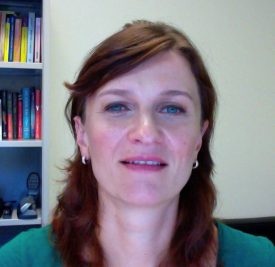
Kateryna Makova
Kateryna is interested in genomics, evolution, and human genetics. Her lab studies mutations using both computational and experimental approaches. Additional topics of interest include sex chromosome evolution and genomics of childhood obesity.
Email – kmakova@bx.psu.edu
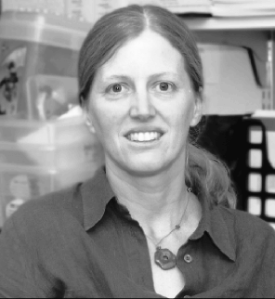
Jenae Neiderhiser

Laurel Pearson
Email – lnp123@psu.edu
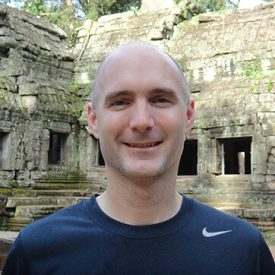
George (PJ) Perry
PJ is a biological anthropologist with training in genomics. His research group at Penn State uses genomics and other approaches to study human and non-human primate evolutionary ecology – how we have adapted to our variable or changing environments. Current human research in his laboratory includes evolutionary studies of rainforest hunter-gatherer populations in Central Africa and Southeast Asia, and population history studies of the Malagasy, the people of Madagascar. His lab also has an ancient DNA component that is used primarily for genomic studies of Madagascar’s extinct, giant ‘subfossil’ lemurs, but also for studies of archaeological human populations.
Email – ghp3@psu.edu
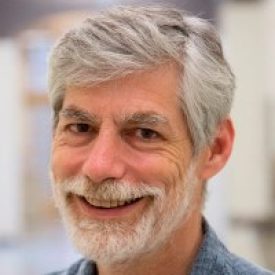
Eric Plutzer

Melina Porro
I have experienced a rich tapestry of cultural practices, social norms, and economic realities that inherently underscored the impact of ecological contexts, social dynamics, and power structures on human well-being, and have presented questions about the ways in which biology and culture interact to shape human experience and adaptation. The beauty of human evolutionary science lies in its potential to weave together a transdisciplinary understanding of the remarkable biocultural variation we see in human societies today. To understand human evolution through a broader lens, innovative and interdisciplinary research that actively seeks out and values diverse perspectives will produce a richer and more accurate understanding of what it truly means to be human.
Email – imp6@psu.edu
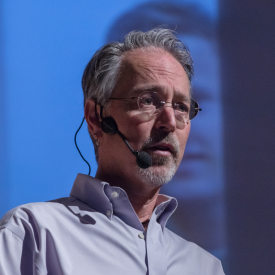
Sam Richards
Dr. Samuel Richards is an award winning teacher and sociologist at Penn State University and the instructor of the largest race, gender and cultural relations course in the United States. With over 760 students each semester and a twenty-five-year legacy, that course was the subject of an Emmy Award winning television broadcast called, “You Can’t Say That.” The course is currently streamed live to the world every Tuesday and Thursday afternoon at https://www.soc119.org. His current work focuses on inequality stemming from racial and gender differences and he works to develop programs that bridge cultural divides.
Email – samrichards@psu.edu
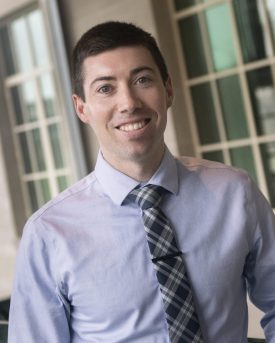
Asher Rosinger
Asher Rosinger is a human biologist. At PSU, Asher directs the Water, Health, and Nutrition laboratory, which examines how humans respond to changing nutritional and economic environments through water and dietary intake and the significance of mismatches in these relationships for short- and long-term health, nutrition, and disease. His overall research program is designed to understand the range of human variation in water intake and how this relates to perception, environmental resources, water insecurity, and health, hydration, and disease risk. In particular, he examines these issues in the Bolivian Amazon among indigenous Tsimane’ forager-horticulturalists, in Kenya among Daasanach agro-pastoralists, and in the US using complex survey data from the National Health and Nutrition Examination Surveys (NHANES). He explores the consequences of these strategies, states of health and behaviors, and of different diseases on hydration status using biomarker data.
Email – axr579@psu.edu
Water Health and Nutrition Lab
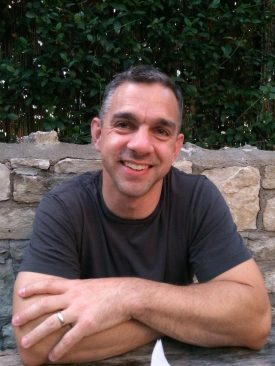
Tim Ryan
Dr. Ryan is interested in primate and human evolutionary morphology, skeletal biology, and bone biomechanics. His research makes use of advanced computational techniques such as high-resolution computed tomography imaging and three-dimensional quantification to understand bone function and biomechanics. Dr. Ryan’s research seeks to answer questions related to normal bone development, the responsiveness of bone to mechanical loading, and the relationship between specific human activity patterns and bone structure.
Email – tmr21@psu.edu
Functional and Evolutionary Morphology Research Lab

Muhammad Rehman Shirzad
He holds graduate training in anthropology, forensic science, bioinformatics, and genomics, and brings strong interdisciplinary expertise to his research. Muhammad has extensive hands-on experience in forensic DNA analysis and forensic labs investigations, including work across molecular biology, genetics, and applied forensic settings. His work bridges biological anthropology, genomics, and human health, with the goal of advancing precision phenotyping and improving the understanding of human biological diversity.
Email – mrs6995@psu.edu

Jose Soto
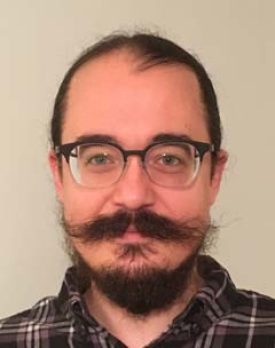
Zachary Szpiech
Zachary is interested in population genetics and evolution. His lab studies the effects of population history and natural selection on patterns of genetic diversity to learn about human evolution and disease susceptibility.
Email: zps5164@psu.edu
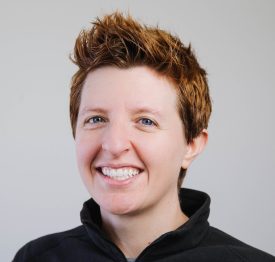
Jennifer Wagner
Dr. Wagner’s research focuses on promoting the international human right to science in genetics/omics, precision medicine, and digital health technologies and involves anthroengineering and ELSI (ethical, legal, and social issues) research with an emphasis on nondiscrimination, data privacy, and human-centered design.
Email – jkw131@psu.edu
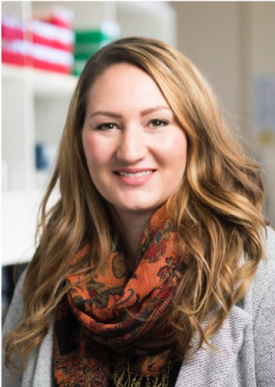
Laura Weyrich
The MicroARCH Lab leverages the evolutionary history of our microbes to better understand how chronic diseases came to be and how we may treat them differently. The team routinely reconstructs the community of microorganisms — the microbiome — that live within the human mouth to understand how we obtained the microbes we have, what events in the past shaped these microbes, and how they might be contributing to disease today. We use a mixture of ancient DNA, comparative genomics, and modelling to leverage ancient and historical information to design better microbiome focused treatments of the future.
Email – lsw132@psu.edu
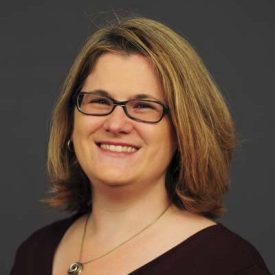
Heather Toomey Zimmerman
Heather is a learning scientist who investigates and designs meaningful trajectories of educational activities for families and young people during out-of-school time. Her goal is to connect everyday life experiences to the learning that happens in schools, camps, museums and other informal spaces. Her research interests include science learning, parent-child interactions, designing for learning in informal institutions, technology to support learning across settings, and gender issues that intersect with STEM disciplines.
Email – heather@psu.edu

